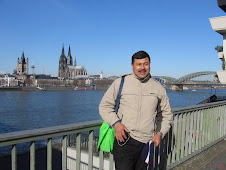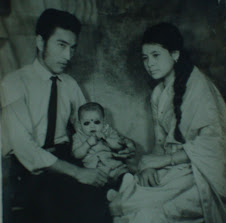Shrestha, B. and M. Adhikari (2005). Most Significant Change Technique: An Approach to Participatory Monitoring and Evaluation. CARE Ko Pratibimba, CARE Nepal Newsletter, October 2005, Vol. 11.
Empowering marginalized people and influencing policy decisions in their favour have been the primary concerns of recent development interventions in the programmatic shift from fulfilling the needs to addressing the denial of rights of marginalized people. These sorts of capacity building and empowerment programs have been effective to enhance the knowledge, capacity and confidence of target groups on their rights, responsibilities and good governance practices. These qualitative changes are worth documenting for future programming and widely sharing with the stakeholders. Thus, emphasis is being increasingly laid on the monitoring and evaluation (M&E) system that considerably focuses on qualitative inquiry and analysis. In this regard, this paper intends to share the process of applying the Most Significant Change (MSC) technique, as a story telling approach to participatory M&E of qualitative changes due to program interventions. The paper concludes that the MSC technique has an extensive scope to apply in learning based organizations that are increasingly implementing capacity building and empowerment programs to address the underlying causes of poverty and social injustice. Reviewing of existing M&E system with the provision of qualitative inquiry and analysis, strengthening capacity of staff, and existing mechanism are the major areas of focus for the operationalization and institutionalization of qualitative inquiry approaches like MSC technique.
My Brief Biography

- BASAN SHRESTHA
- I am Basan Shrestha from Kathmandu, Nepal. I am a development professional with expertise in socio-economic research, monitoring and documentation. I hold 3 master degrees 1) MSc in Regional and Rural Development Planning, Asian Institute of Technology, Thailand, 2002; 2) MSc in Statistics, Tribhuvan University (TU), Kathmandu, Nepal, 1995; and 3) MA in Sociology, TU, 1997. I have gained professional experience for more than 10 years in socio-economic research, monitoring and documentation on agricultural and natural resource management. I had worked in Lumle Agricultural Research Centre, western Nepal from 1997 to 2000; CARE Nepal (SAGUN Program), mid-western Nepal from 2003 to 2006 and Western Terai Landscape Complex Project in far-western Nepal from 2006 onwards. I have published some articles to my credit. With my sound academic background and professional experience, I am much encouraged to undertake PhD to explore equity in Community Forest Management analysing both procedural and distributional aspects. Your kind cooperation, if any, to link with the concerned personnel and authorities would be instrumental and appreciated.
Subscribe to:
Post Comments (Atom)



















No comments:
Post a Comment